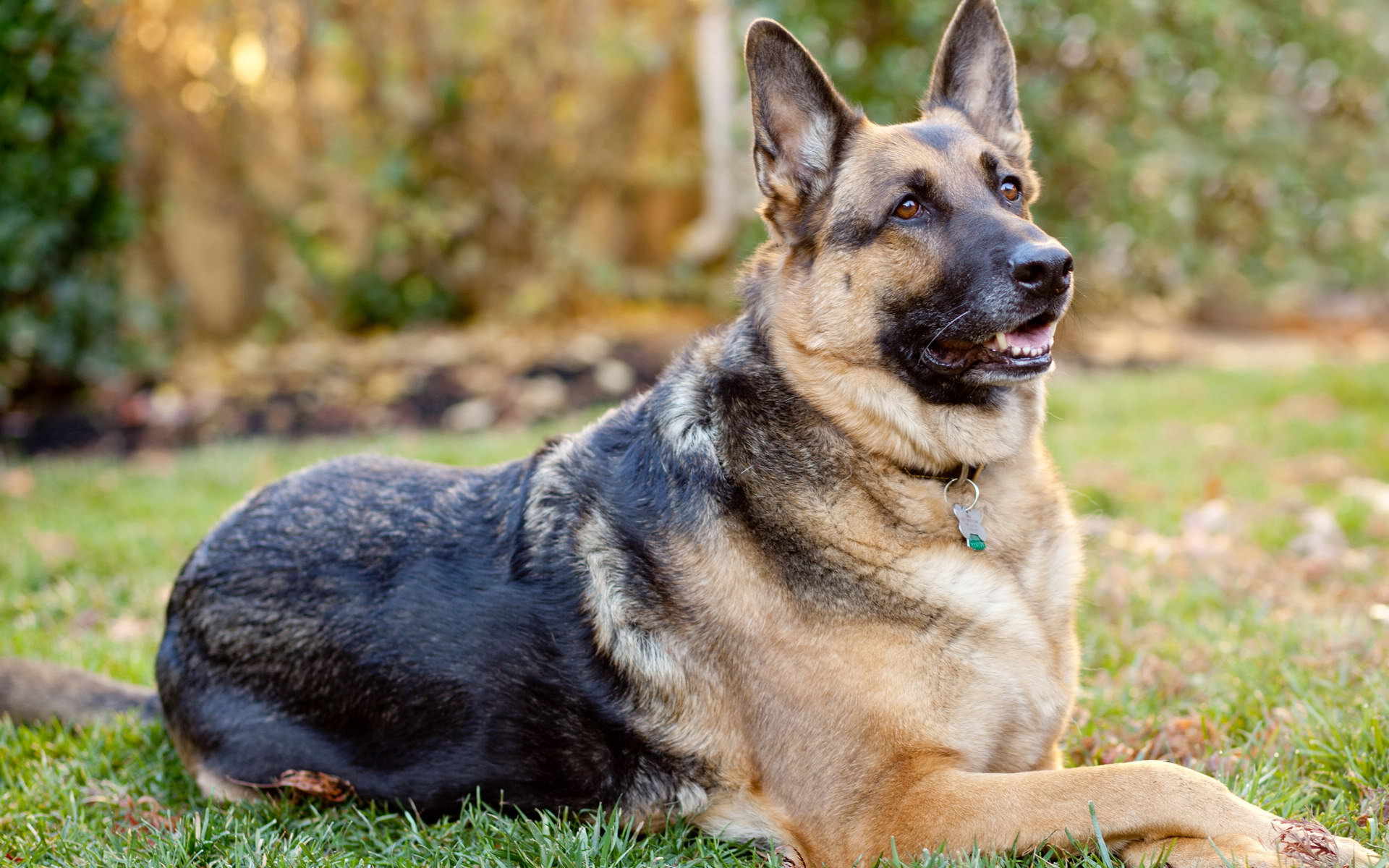German Shepherds: A Breed Obsessed with Exercise
When considering the most loyal, intelligent, and active breeds, the German Shepherd effortlessly rises to the top. Their unwavering devotion, coupled with their agility and endurance, has solidified their position as one of the most beloved canine companions worldwide. However, beneath their loyal and playful exterior lies an insatiable drive for exercise, a necessity that shapes their overall well-being and happiness. This essay delves into the intricate relationship between German Shepherds and their profound love for exercise, exploring the various factors that contribute to this inherent trait.
The Energetic German Shepherd: A Historical Perspective
The German Shepherd, initially bred as a working dog, played a crucial role in herding livestock and protecting property. Their exceptional agility and stamina were instrumental in their success. Even today, German Shepherds retain their innate working instincts, leading to a natural desire for consistent physical and mental stimulation. Exercise serves as an outlet for their pent-up energy, preventing behavioral problems such as destructive chewing, excessive barking, and anxiety.
Exercise as an Essential Element of German Shepherd Health
Exercise isn't merely a pastime for German Shepherds; it's an indispensable aspect of their overall health. Regular physical activity strengthens their muscular and skeletal systems, promoting joint mobility and reducing the risk of obesity and related health issues. Furthermore, exercise stimulates their cardiovascular system, enhancing heart health and overall stamina. By engaging in physical activities, German Shepherds not only enhance their physical well-being but also improve their cognitive function and reduce stress levels.
Understanding the Exercise Needs of German Shepherds
The amount of exercise required by a German Shepherd varies depending on factors such as age, health, and individual personality. Generally, adult German Shepherds require at least two hours of exercise daily, divided into multiple sessions to prevent overexertion. Puppies and senior dogs may require less vigorous exercise, but regular activity is still essential for their development and maintenance. It's important to note that German Shepherds should not be left alone for extended periods without exercise, as this can lead to boredom and destructive behavior.
Creative Ways to Exercise German Shepherds
Meeting the exercise needs of a German Shepherd requires creativity and adaptability. While daily walks are a great starting point, German Shepherds thrive in engaging activities that challenge both their minds and bodies. Consider incorporating the following exercises into their routine:
- Fetch: This classic game provides a fun and interactive way for German Shepherds to burn off energy while also practicing obedience.
- Agility training: Obstacle courses designed for dogs provide both physical and mental stimulation, enhancing coordination, balance, and problem-solving skills.
- Swimming: An excellent low-impact exercise that strengthens muscles and joints while providing a refreshing alternative to land-based activities.
- Hiking: Exploring the outdoors through hiking allows German Shepherds to exercise while enjoying new sights, sounds, and scents.
Conclusion: A Balanced Life for German Shepherds
A healthy and well-balanced life for a German Shepherd is one that incorporates ample exercise. Understanding their inherent need for physical activity and providing opportunities to fulfill this need is essential for their overall well-being. Exercise not only enhances their physical health but also provides mental stimulation, reduces stress levels, and strengthens the bond between German Shepherds and their human companions. By embracing the energetic nature of this breed, owners can ensure a fulfilling and happy life for their canine counterparts.
How Pembroke Welsh Corgis Can Be The Best Exercise Partners
Poodles And Their Unbeatable Agility: Fun Facts
The Top 5 Personality Traits Of Labrador Retrievers

:strip_icc()/breed-profile-german-shepherd-dog-1117967-e671f6a1707042ca86b13081e75792c2.jpg)

